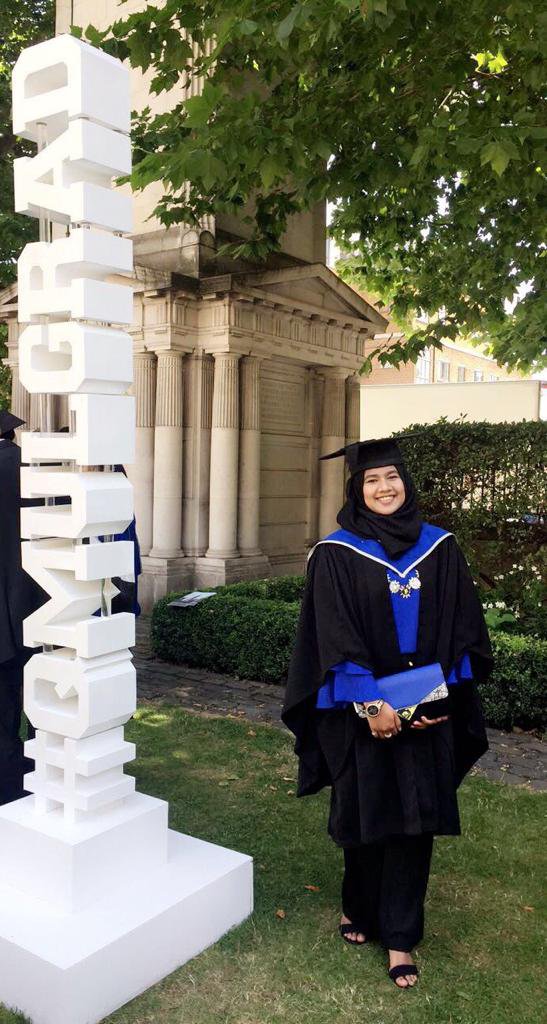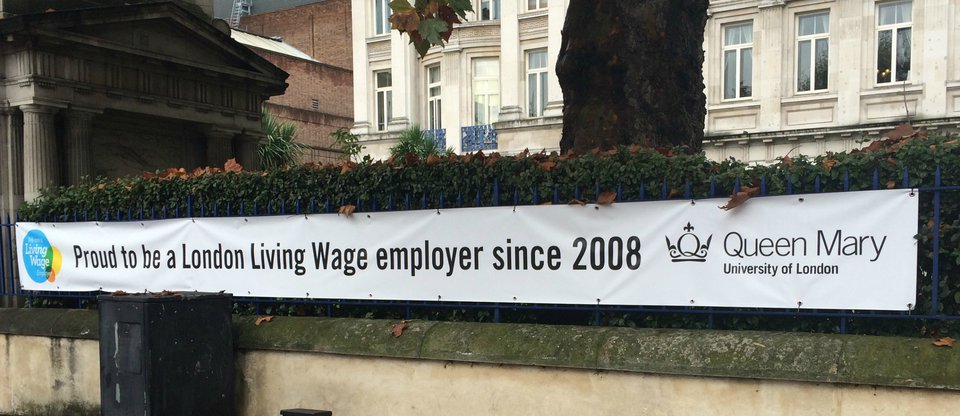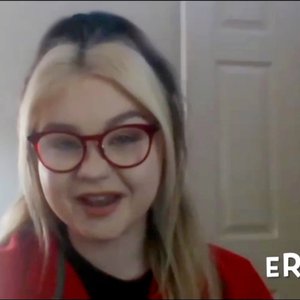Learning about politics in the lecture hall and practising it in the street!
Learning about politics in the lecture hall and practising it in the street!
By Afsana Salik, Community Organiser at Citizens UK TELCO & Module Mentor for POL301 Civil Society Internship
Whilst studying for my undergraduate degree at Queen Mary University, with the School of Politics and International Relations (SPIR), I was introduced to Community Organising. I found both the course and Community Organising to be greatly interconnected – whilst my professors at SPIR taught me about political theories, I was learning how to apply the theories through my work as a leader Citizens UK. I quickly found that I could easily practise my knowledge in everyday life.
I thoroughly enjoyed the combination of academia and Organising, and soon after I graduated, I was offered the Community Organising role for Tower Hamlets Citizens. I am so grateful to my professors at SPIR, especially Dr. Joe Hoover who believed in me and gave me the opportunity to design my very own Community Organising module for students, which is engaging, creative and fun, drawing on the key principles and methodology of Community Organising. The aim of the module is to provide students with the tools to take theoretical knowledge into their local communities and create change.

Social Justice is an integral part of the culture at Queen Mary University, and they live this value – they were the first accredited university to pay the real Living Wage and transform the lives of East Londoners, making the relationship with Citizens UK a special one. To create an effective democracy that works for all, we need civil society to work together, to connect with the local communities and build strong relationships with local mosques, churches, and organisations. Community Organising, at its heart, puts the power back in local people's hands, so they can develop leaders and create change.

Having been a mentor for 15 SPIR interns studying the Community Organising module for three months, I have learnt how important community-based learning activities are necessary to create change. Students have shared similar experiences about Community Organising as I had five years ago when I was studying at Queen Mary. In the first semester, the module focuses on Community Organising and political theory, and in the second semester, students complete a placement with me at Citizens UK. I have now trained 15 undergraduate politics and IR students in Community Organising and collective leadership – and hope this number keeps increasing!
Whilst students were learning about the method of Community Organising, they were developing relational and leadership skills by working on campaigns and projects with Organisers from fifteen boroughs in London. They were able to build strong relationships with local leaders from churches, mosques and community groups, learning how to build and exercise power as well as negotiate with local officials.
Students led a listening campaign at Queen Mary University and identified mental health as an issue for students. They came up with winnable solutions and demanded changes to the Head of SPIR, who then agreed to train students in mental health and offer bespoke mental health services. Based on the listening, students then created a report for School of Politics and IR. As a proud alumni of SPIR and Community Organiser for Citizens UK, the partnership between these institutions has brought me great joy. I am really looking forward to strengthening this relationship and continuing to offer this powerful opportunity for future students who have the potential to become leaders and change their communities in the best way possible. The most important lesson to be learnt here is that politics can be practical – it does not end in the seminar room or lecture hall but begins there, and can be applied beyond university.

It’s so easy to think that politics is removed from Community Organising, but this internship showed me that there are so many people out there that want to make change. I feel a lot more positive about using politics for social action going forward from here.
Erin Marie Scarsbrook, Queen Mary alumni and Leader





